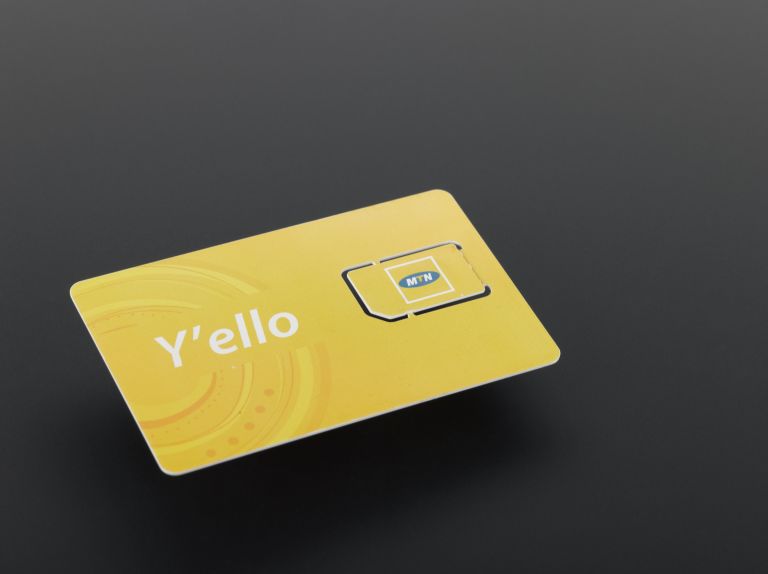MTN Rwanda has introduced paper-based biodegradable SIM cards in the country.
The introduction of paper-based biodegradable SIM cards comes at a critical time when global plastic pollution has reached alarming levels.
Annually, 430 million tonnes of plastics are produced worldwide, leading to massive pollution in oceans, rivers, and lakes.
The telecom industry alone contributed to this crisis by producing 4.5 billion plastic SIM cards in 2020.
Recognizing the urgency to address this environmental challenge, MTN Rwanda has embarked on a journey to transition from plastic to paper SIM cards.
This move aligns with Rwanda’s Green Growth and Climate Resilience Strategy, demonstrating MTN Rwanda’s commitment to contribute to the nation’s environmental goals.
The raw materials used in the production of these paper SIM cards are 100% Forest Stewardship Council (FSC) certified, ensuring responsible forest management practices.
These biodegradable SIM cards, aptly named “bioSIMs,” will decompose over time, minimizing their environmental impact.
Mapula Bodibe, CEO of MTN Rwanda, expressed pride in the launch of paper-based biodegradable SIM cards, stating, “We are excited about the introduction of paper-based biodegradable SIMs in the country, a significant stride in our 25-year journey.”
She said MTN Rwanda’s commitment to innovation and responsibility, aligning with Rwanda’s climate change strategy.
The company’s broader sustainability efforts include initiatives like MTN Project Zero, which aims to achieve zero net carbon emissions by 2040.
Under this initiative, MTN Rwanda has already replaced 23% of its fleet with hybrid electric vehicles and initiated a solar panel pilot at three data centers.




















